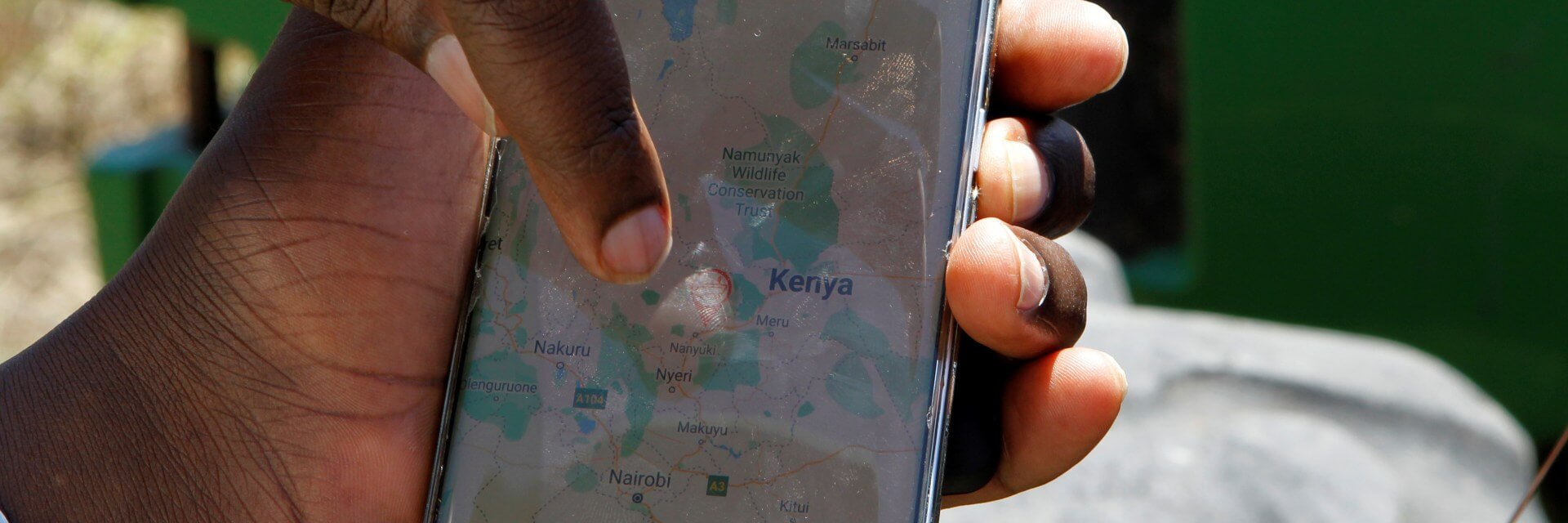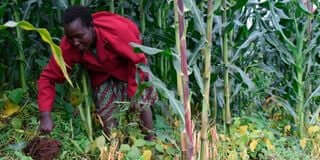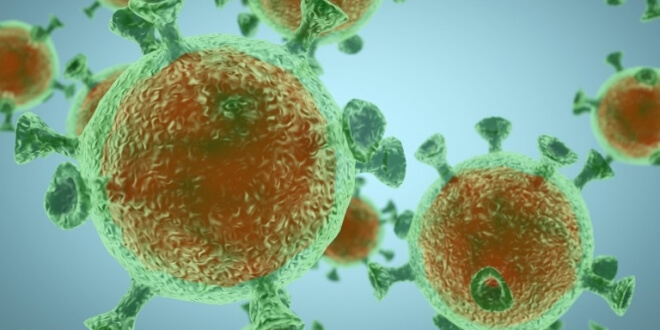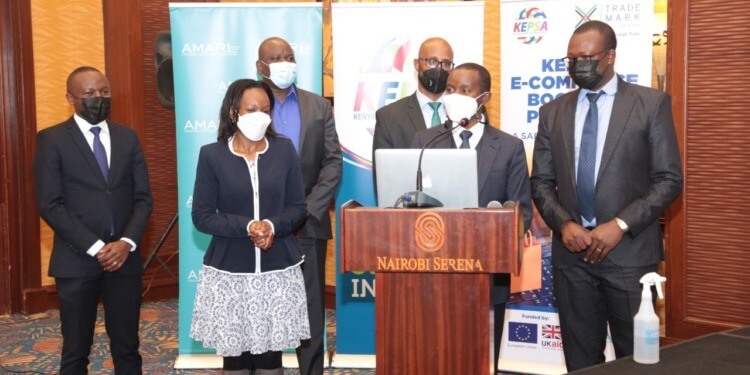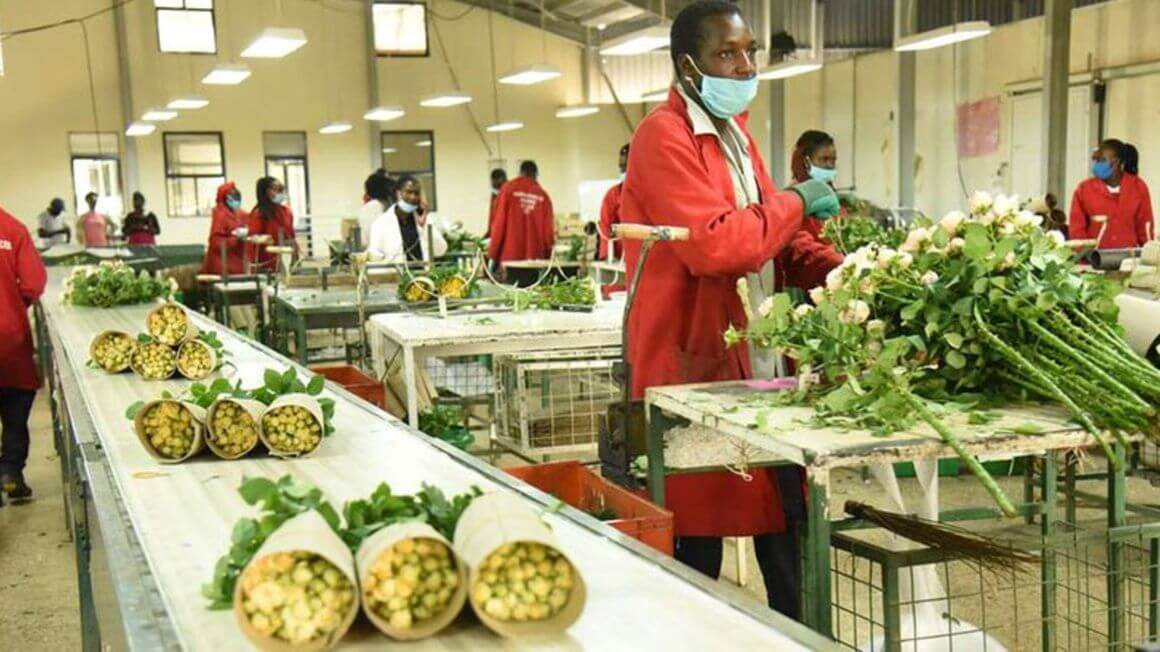The African Continental Free Trade Area agreement officially began on January 1, 2021. What have you observed? The AfCFTA is outlined in the African Continental Free Trade Agreement, with trade commencing on January 1, 2021. AfCFTA is the largest in the world in terms of participating countries since the formation of the World Trade Organisation. The agreement was brokered by the African Union and was signed in Kigali, Rwanda, on March 21, 2018. AU member states have continued to show interest in this continental project and, to date, the agreement has been signed by 54 out of 55 member states. There has been a lot of progress since the agreement moved from conception to implementation of a trade area. The organisational structures and operational instruments have been put in place with the nomination of the chief executive officer and other principal officers and the formal opening of the headquarters in Accra, Ghana. The management of AfCFTA has swung into action, reaching out to regional and international partner organisations, as well as sensitising stakeholders about the objectives of the organisation. For example, the secretariat partnered with Future Investment Institute to launch an initiative that will eradicate illicitly traded products from AfCFTA countries, and the cooperation should help countries to reduce disruptive structures that deprive governments revenues through their operations in the informal economies. They are also introducing some initiatives such as the creation of the continental tool/mechanism for monitoring, reporting and elimination of non-tariff barriers to increase the volume of cross-border...
How AfCFTA will curb poverty in Africa – Oyewole
Posted on: August 18, 2021
Posted on: August 18, 2021


